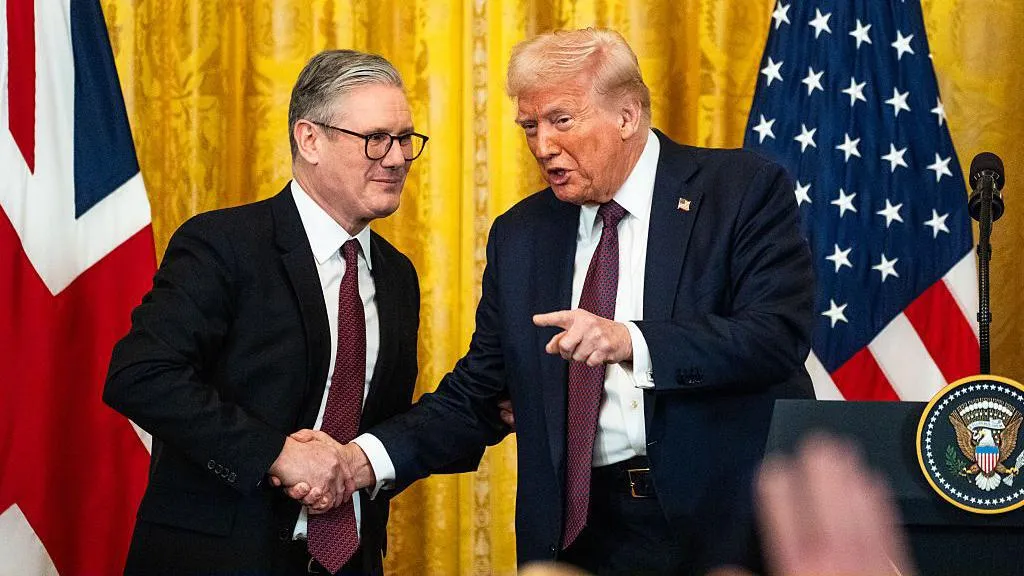The United Kingdom has been temporarily exempted from the latest round of increased tariffs on steel and aluminum imports imposed by the United States. While most countries face a hike from 25% to 50%, the UK will maintain the existing 25% tariff for now, according to an announcement from the Trump administration on June 4, 2025.
Cologne, Germany Evacuates 20,500 Residents After Discovery of World War II Bombs
This temporary reprieve follows an agreement reached between the UK and US in May 2025, in which the US pledged to reduce or eliminate tariffs on UK steel and aluminum. Although the deal aims for a complete removal of tariffs, it has yet to be fully implemented. Until then, the 25% tariff remains, with the possibility of the higher 50% tariffs taking effect if no progress is made by mid-July.
Impact on UK Steel Industry and Business Uncertainty
The tariff uncertainty has left UK steel producers in a state of limbo. While the immediate threat of a 50% tariff increase has been avoided, concerns remain over the long-term implications for trade relations. The US is a significant market for UK steel exports, accounting for roughly 7% of UK steel sales—valued at over £400 million annually. For many UK manufacturers and suppliers, the American market is crucial.
US tariffs on steel and aluminum, introduced under President Trump’s broader strategy to protect American manufacturing and jobs, have caused disruption. Though intended to boost domestic production, experts warn that increased tariffs could raise costs for American consumers and businesses reliant on imported materials.
Expert and Industry Views
Economists caution that expanding US steel production will take time and increased tariffs will lead to higher prices. Alan Auerbach, a public finance expert at the University of California, remarked, “More American steel production is not going to happen overnight,” and added that tariffs could hurt both consumers and businesses in the short term.
UK business leaders also express frustration with ongoing uncertainty. Rowan Croseier, CEO of Brandoor, a metal-stamping firm in Birmingham, noted that while the carve-out spares UK companies from immediate higher tariffs, “the lack of clarity is the biggest problem,” making it difficult to plan ahead.
Political Debate and Trade Negotiations
The UK government faces criticism amid the negotiations. Trade Secretary Andrew Griffith accused the Labour government of leaving businesses “in limbo” due to delays in securing a permanent deal. Griffith warned that failure to resolve the tariff issue would harm UK businesses and the economy.
The May 2025 agreement was seen as a step toward reducing trade barriers and stabilizing US-UK relations, but the future remains uncertain. Many hope the deal will be fully implemented, while others fear continued tariff volatility.
Industry Optimism and Outlook
Gareth Stace, CEO of UK Steel, expressed cautious optimism. While relieved to maintain the 25% tariff for now, he stressed that the ultimate goal is complete tariff removal as agreed. “We hope the deal will be finalized soon,” he said, emphasizing the need for a stable trading environment.
Broader Implications for Global Trade
The US-UK tariff dispute highlights the complexities of modern global trade and the challenges posed by protectionist policies. While US efforts to protect domestic manufacturing resonate with some, the ripple effects on international relations, consumers, and businesses are complex and significant.
Conclusion
Although the UK currently avoids the steep 50% tariff increase on steel and aluminum exports to the US, uncertainty remains a dominant factor. UK businesses are cautiously optimistic that the May 2025 agreement will bring clarity and stability. However, the risk of tariff escalation still looms. As both governments work toward a resolution, the global trade community watches closely. Meanwhile, companies on both sides of the Atlantic continue to navigate a challenging and uncertain economic landscape.

